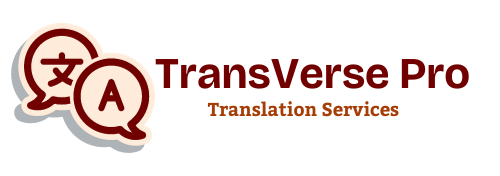This blog delves into the impact of technology on the translation industry and its implications for both corporations and language experts, as the field continues to evolve at a rapid pace.
The translation industry is experiencing a significant shift as technology continues to advance. With the emergence of machine translation, artificial intelligence, and automation, we are seeing a major transformation in how language services are provided. In this piece, we will explore the future of translation and how the rapidly growing technology is shaping this ever-changing field.
The Development of Translation:
-
Analysis: Analyze the development of machine translation from basic tools to advanced systems able to tackle complex language tasks.
-
Improving Translation Accuracy and Efficiency with AI and Natural Language Processing: Explore the advancements of artificial intelligence and natural language processing in the field of language translation.
-
Efficiency through Automation: Learn how the use of automated processes is simplifying translation processes, cutting expenses, and accelerating project completion.
Impact on Business Operations:
-
Alternative: By leveraging technology, businesses can greatly reduce their translation costs, making this vital service more affordable for companies of all sizes.
-
Automation and AI-powered tools can improve efficiency by providing translations at a faster pace, enabling businesses to meet strict deadlines and capitalize on potential opportunities.
-
The accuracy of technology-driven translation services is improving, minimizing the chance of mistakes or misinterpretations.
Exploring the Impact of Technology on Language Professionals: Examining the Challenges and Opportunities for Businesses
The Importance of Human Involvement in Translation: While technology continues to improve, the human factor remains crucial in the translation process. Discover how human knowledge and skills complement technology to achieve optimal outcomes.
In summary, the outlook for translation is full of potential and possibilities. Advancements in technology are revolutionizing translation, enabling quicker and more cost-effective services. Yet, it remains crucial to maintain a symbiotic relationship between technology and human skills to guarantee precise and culturally appropriate translations in an ever-changing world.
